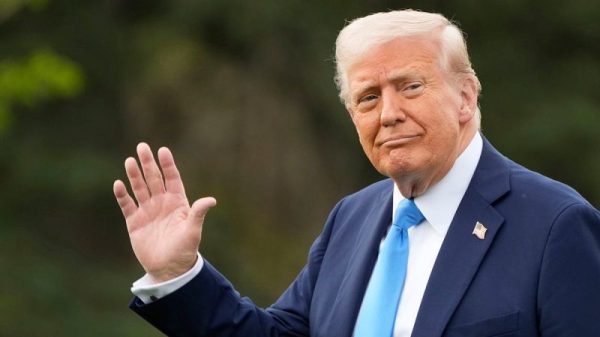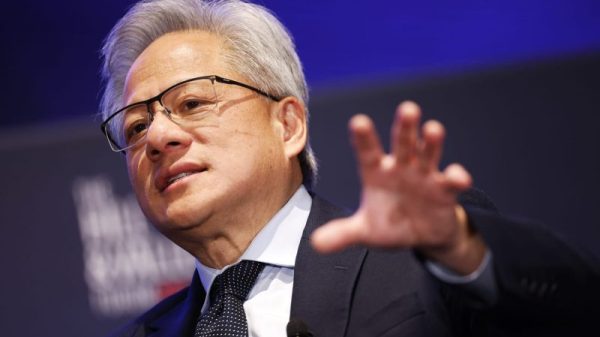BOJ To Keep Interest Rates At 0% To 0.1% In June Meeting
Quick Look:
Interest Rates: The BOJ is expected to maintain its policy rate at 0% to 0.1%, continuing its cautious approach.
Bond Purchases: A reduction in Japanese government bond purchases, currently over 6 trillion yen per month, is anticipated to signal tighter monetary conditions.
Inflation Concerns: Recent inflation readings have been lower than expected, influencing the BOJ’s decision to avoid immediate rate hikes.
As the financial world keeps a close eye on the upcoming June meeting of the BOJ, analysts from UBS have made their forecast. They predict significant yet measured shifts in the central bank’s monetary policy.
While the BOJ should maintain its current interest rates, subtle changes in bond purchasing strategies are anticipated. These adjustments are likely to signal a shift towards tighter monetary conditions.
Maintaining Steady Interest Rates
In its forthcoming policy meeting, the BOJ projected to hold its policy rate steady at the range of 0% to 0.1%. This decision aligns with the bank’s cautious approach amidst mixed economic signals. The interest rate, a critical tool for controlling inflation and economic activity, remains a primary focus for the BOJ. The BOJ aims to sustain economic stability by keeping rates unchanged without imposing additional borrowing costs on businesses and consumers.
The decision to hold rates steady reflects the central bank’s cautious optimism. Recent inflation readings have been less robust than expected, influencing the BOJ’s decision to avoid immediate rate hikes. This stance ensures that economic recovery continues without the added strain of higher interest costs, which is particularly important as global markets navigate uncertain waters.
Strategic Reduction In Bond Purchases
In addition to maintaining steady interest rates, the BOJ is expected to reduce its purchases of Japanese government bonds (JGBs). The BOJ purchases bonds at a rate exceeding 6 trillion yen per month. UBS analysts suggest that this reduction in bond purchases will serve as a softer approach to tightening monetary policy compared to direct rate hikes.
Lower bond purchases by the BOJ will decrease liquidity in Japanese markets. This subtle tightening measure aims to prevent overheating in financial markets while still supporting economic activity. By scaling back bond purchases, the BOJ can gradually reduce the amount of money flowing into the economy, helping to temper inflation without the immediate impact of raising interest rates.
The reduction in bond purchases also indicates a strategic shift by the BOJ in managing market expectations and inflationary pressures. As Japanese 10-year yields recently slid to over two-week lows. This move is likely to influence market dynamics and investor sentiment, signalling a cautious yet deliberate tightening of monetary policy.
Balancing Inflation And Currency Stability
One of the critical factors influencing the BOJ’s policy decisions is the recent performance of the Japanese yen. Despite government intervention efforts in May, the yen has seen significant depreciation. Some market observers anticipate that the BOJ may consider further rate hikes to stabilize the currency.
However, UBS analysts argue that the Ministry of Finance plays a more significant role in managing currency markets. This suggests that the BOJ may not immediately resort to rate hikes solely for currency stabilization.
BOJ officials, including Governor Kazuo Ueda, have reiterated that any rate hikes would be contingent on the impact of yen depreciation on inflation. With recent inflation readings falling short of expectations, the BOJ appears more inclined towards a measured approach.
The Bank of Japan should maintain its current interest rate policy while reducing bond purchases to tighten monetary conditions subtly. This approach balances the need to control inflation and support economic recovery with careful consideration of currency stability. As global economic uncertainties persist, the BOJ’s cautious strategy aims to foster a stable and resilient financial environment in Japan.
The post BOJ To Keep Interest Rates At 0% To 0.1% In June Meeting appeared first on FinanceBrokerage.
































